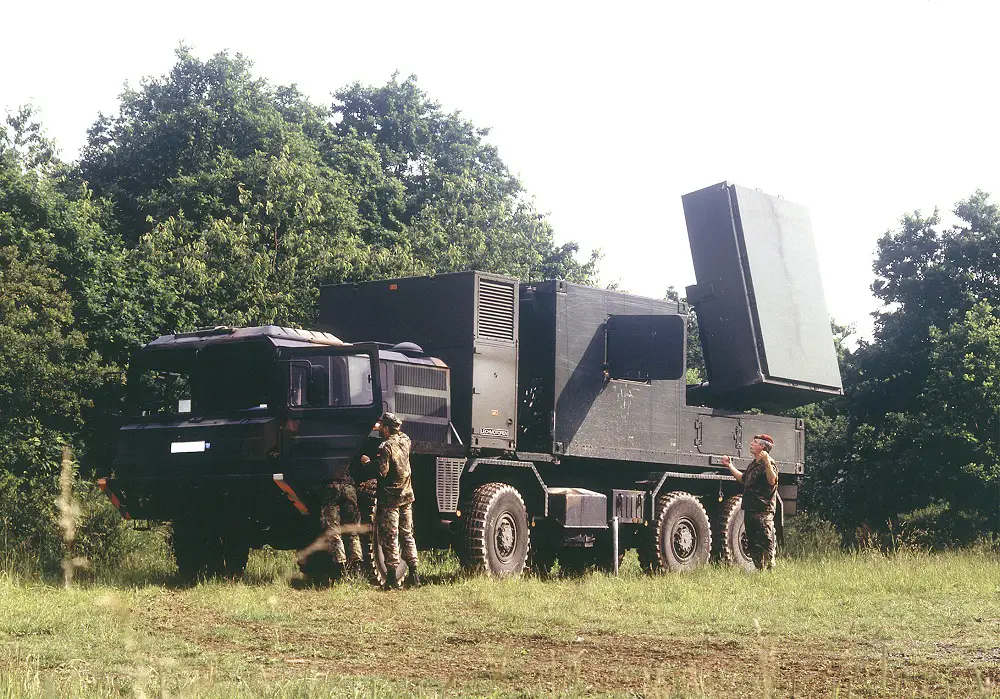The Council of the EU has adopted a fifth wave of collaborative projects within the Permanent Structured Cooperation (PESCO) framework, with 11 new projects and a total of 15 Member States participating. The Permanent Structured Cooperation (PESCO) is a key EU defence initiative?. It provides a framework for defence cooperation among the participating EU member states who have entered into more binding commitments between one another. They jointly develop defence capabilities, coordinate investments, enhance the operational readiness, interoperability and resilience of their armed forces, and collaborate in projects.
The projects cover six military domains and include critical capabilities such as munitions, counter artillery and medium-size helicopter. The new projects adopted in the fifth wave will help increase the coherence of the European capability landscape and deliver operational benefits for European Armed Forces. Projects range from the development of new military capabilities and the identification of future needs in areas such as future military rotorcrafts and air-launched missiles, to communication infrastructure and joint training for defence airlift. The 11 new projects cover six military domains: training (1) land (2), maritime (3), air (2), cyber/C4ISR (2) and joint, enabling (1) and will be led by seven different Member States as project coordinators.
High Representative/Head of the Agency, Josep Borrell, said: “Against the backdrop of Russia’s war of aggression against Ukraine and its military implications, including the requirements for high-intensity warfare, these new PESCO projects aim at delivering critical capabilities with a more operational focus. We cannot build a stronger European defence without ensuring European armed forces are ready and well-equipped for future challenges. Today PESCO is moving forward and by 2025 over 50 projects will reach their delivery phase, enhancing the EU’s defence cooperation and the EU’s ability to act.”
Counter Battery Sensors – The Counter Battery Sensors (CoBaS) project aims at developing a common concept for a next generation counter-battery capability for EU armed forces and facilitating future common procurement of means for counter-artillery. Current warfare trends have reasserted the primary importance and massive use of artillery capabilities on the battlefield. The project will increase participating Member States’ ability to respond more efficiently to future trends in high intensity conflicts.France and Netherlands are the two participating Member States. CoBaS will deliver the newest set of capabilities, benefitting from the emerging technologies and adapted to new threats that are linked to the performance of effective artillery systems developed by 2030-2035.












